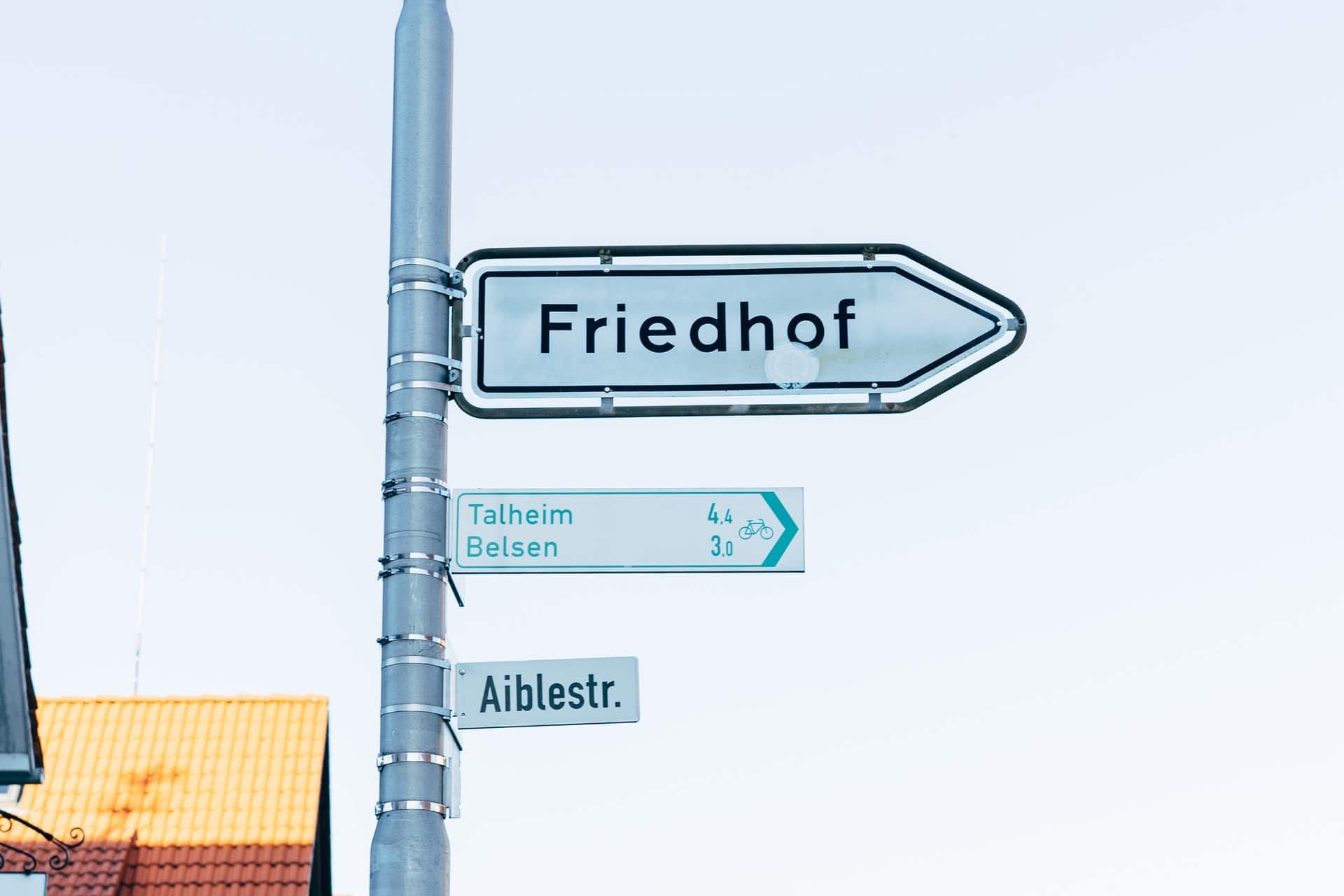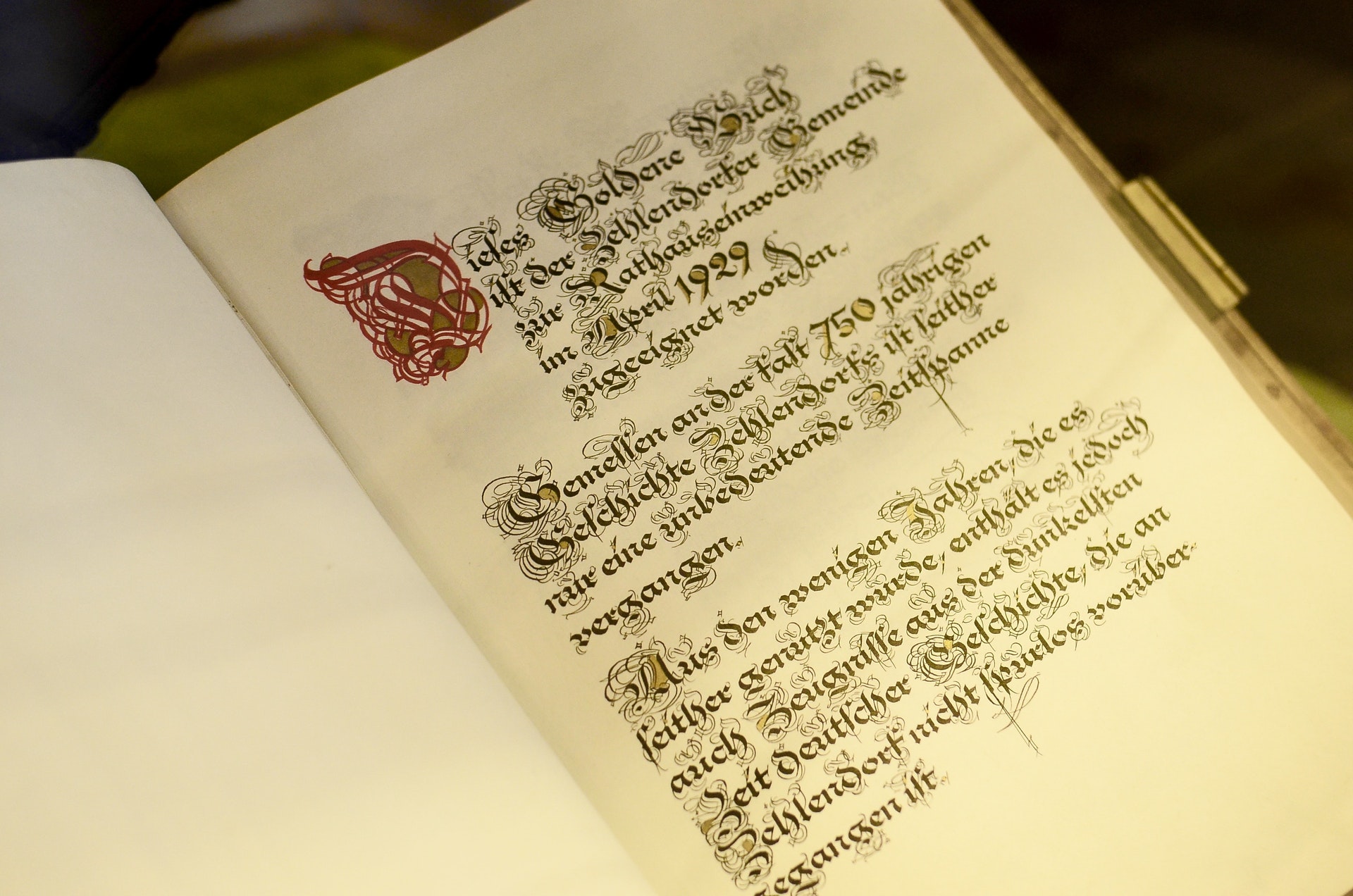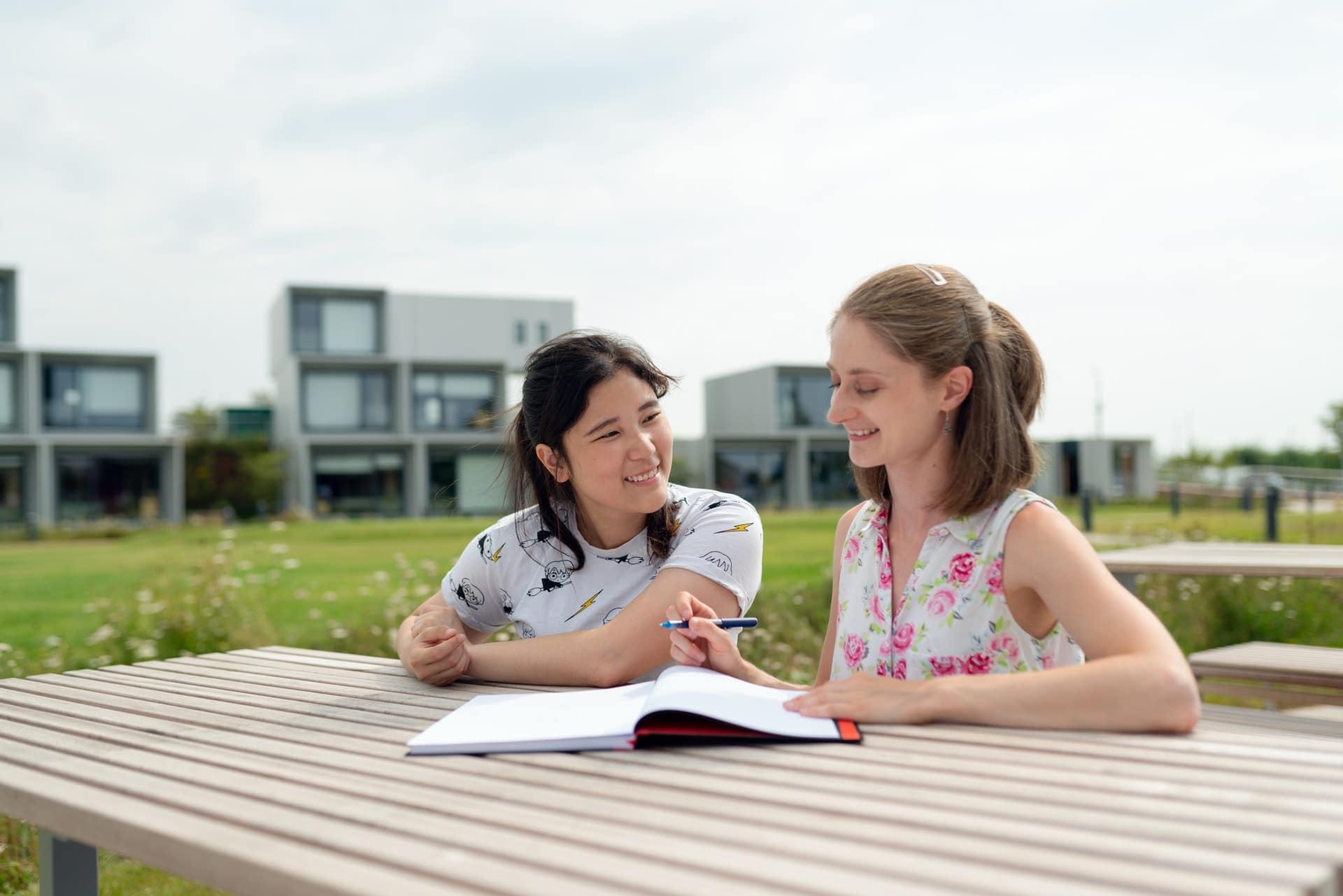Did you know that German has the largest number of native speakers in the European Union? German is one of the ten most commonly spoken languages in the world. It is also what people refer to as a 'lingua franca' of Central and Eastern Europe. On the other hand, German is the second most commonly used scientific language in the world and is the official language of some of the most important works of philosophy, literature, music, art history, theology, psychology, chemistry, physics, engineering and medicine that have been produced in the history of humanity.
It is then no wonder that so many language students across Canada and the world have taken an interest in learning German as a second or third language.
Knowing German will open a lot of doors for you: from traveling to meeting new people and cultures to landing a job at a German speaking company, there are many reasons why being a German speaker is a good idea.
If you are interested in learning German and want to find out more about German language basics, where to study German in Vancouver, British Columbia and how you can find a German tutor with the help of the Superprof platform, keep reading!
Discover German lessons in Toronto here.

German Language Basics: Speaking and Pronunciation

One of the German language basics, apart from grammar, is pronunciation. Truth is, when you first start learning about German pronunciation, it can be intimidating. The sounds can be quite tricky and some of the words that mean the same thing and are spelled the same way as in English can have a totally different sound.
The reason why English speakers tend to mispronounce in German is because we are not used to holding our mouths as tightly shut as Germans are. If you ever encounter a German speaker, pay attention to their mouth and you'll notice that they barely open it while speaking.
On the other hand, English has what’s classified as a “deep” or “opaque” orthography, which means that the pronunciation of words is not super evident based on its spelling. By contrast, German has much clearer rules when it comes to how to pronounce words. In fact, there was a reform by the German government in 1996 to spelling rules that made it even easier for German learners to apply regular patterns to pronunciation.
But what is the best way to understand and master German pronunciation? Your starting point should be the German alphabet. This will help you grasp how each letter is pronounced. That said, it is also important to understand that pronunciation changes a bit when any of these letters are paired. But a good hack is to also know that when certain letters are paired in German, they always produce the same sound. If you learn and memorize these formulas, you will be able to sound more natural when speaking German.
Another contrast or difference between German and English is that German vowels are pronounced higher in the throat than English vowels. For example, if you say “father” in English, you will se that the “a” sound is rather long and it comes from a relatively low place in your throat. On the other hand, when saying “father” with a German accent, you will realize that the sound is more like a short “e”. How to get the sound? Try to constrict your throat a little and try to pronounce the vowel from the back of your mouth, rather than down in your throat.
Here are some of the main things that German students struggle with in terms of pronunciation when it comes to speaking German:
- ei: this is a diphthong or combination of vowels with a particular pronunciation: think about the world die or fly. Why is it particular? Because it is the complete opposite order of the same vowels in English.
- ie: this diphthong carries the pronunciation of flee or veel.
- au: this combination of letters is pronounced like the expression of pain owww or Chairman Mao.
- eu and äu: these two diphthongs are pronounced exactly the same way: like the word joy or the name Roy.
- Consonant combinations: Something that's quite different from English is that we don’t normally put consonants next to each other. In German, most groups of consonants are combined into one sound, like sch or ch. The idea is that you pronounce every letter that you see. An example of this is the pronunciation of the p in Psychologie.
- Ä: The umlaut ä is actually the easiest of the umlauts, because it also appears in English, like in the words read (past) or led.
- Ö: The best way for someone to learn the ö and ü umlauts is for you to find a list of words that sound similar except for the vowel, and then repeat them over and over again until you really start to hear the difference between the two sounds. If you want to find something similar in the English language you could look at the ‘i’ in girl or Sir. You need to pull your lower lip back a bit and hold it tightly while you pronounce a normal o.
- The W: in German, the “w” is pronounced like a “v”. This sound is very common in German, even in very basic words. This is a small tip that will get you a long way when starting your pronunciation of German words
This is only a small fraction of the many rules of the German language and its pronunciation. This is something that your tutor or teacher should spend a good amount of time as part of your German courses. That said, if German pronunciation seems intimidating, don’t worry. You can always take your time to just listen to the sounds of the language. Watch for the rhythm, melody, and intonation and be patient. It will get easier little by little and with practice.
Head here for German lessons in Calgary.
Where to Study German in Vancouver?

Are you looking for the best place to enroll in German courses in Vancouver, BC? This city has a wide offer of German classes and German courses for all levels. If you are looking for great options for learning German in the Vancouver, BC area, check out some of the names below and ask for more info directly with them:
- Berlitz Language School in Vancouver: located at 1100 Melville Street, Suite 320 Vancouver, BC British Columbia V6E 4A6, they offer you intensive, extensive business and language lessons during which you will have real-life conversations. They have 6 fully-equipped classrooms on the 3rd floor, with air conditioning, free coffee, and water. They also offer classrooms with big TV screens connected to wireless devices. Besides their language courses in Vancouver, their students have the possibility to join the online community where they can practice German online. The idea of their method is to spend most of your language class in language, with practical activities designed to get you fluent fast.
- International House Vancouver Modern Languages: the International House Vancouver Department of Modern Languages offers private and small group German courses in Vancouver, to both adults and children. International House Vancouver‘s German lessons aim to deliver practical knowledge and German speaking skills. Topics are based on everyday and practical situations. You learn through interactive exercises and engaging discussions to help build a strong foundation and develop fluency so you can converse easily with native speakers in daily situations. If you already know some German, they offer a free language assessment to gauge your ability and place you in the right level.
- Vancouver Westside German School: aimed at children and teenagers, their classes are structured according to age and language background. Depending on their knowledge and whether German is the language spoken at home, students learn German either as a second or as a foreign language and are divided into two streams throughout the entire program:
- German as a second language: students understand and speak German effortlessly and follow our adapted version of the German literacy core curriculum of Thuringia, which is used by all German Schools abroad.
- German as a foreign language: Students learn German as a foreign language based on the “DaF-Rahmenplan” – the official curriculum developed by the Standing Committee of the German Ministers of Culture and Education. It is based on the Common European Framework of Reference for Languages (CEFR).
- East Van German School: The East Van German School provides German Language education for up to 16 children at a time. Usually classes are held in the basement of St. Mark’s Lutheran church in East Vancouver on Thursdays from 4:00 PM – 5:30 PM.
Find German lessons in Ottawa here.
German Tuition in Vancouver with Superprof

If you are not convinced about studying German in a school or academic setting, there is another option for you: German tuition with a private German tutor from Superprof.
Whether you are looking to learn german Toronto, want to enroll in German 101 or are looking for a German course online, the German language lessons at Superprof are quite varied and are offered both in-person at Vancouver or online.
All you need to do is check out the available profiles at our website and find the one that best aligns with your expectations. Once you find a tutor that looks like a good fit, make sure you contact them for a first session where you can align goals and schedule.
Get ready to learn German with a Superprof tutor!
Get ready to learn German with Superprof! Find German lessons in Montreal here.
Summarize with AI:















